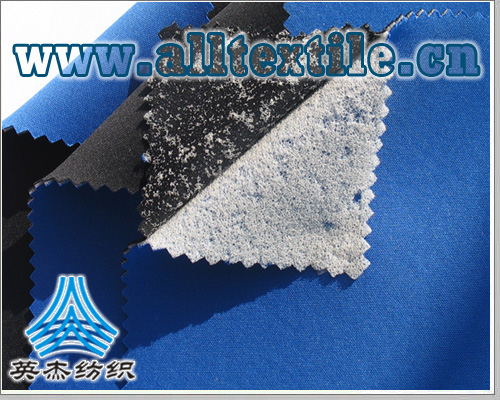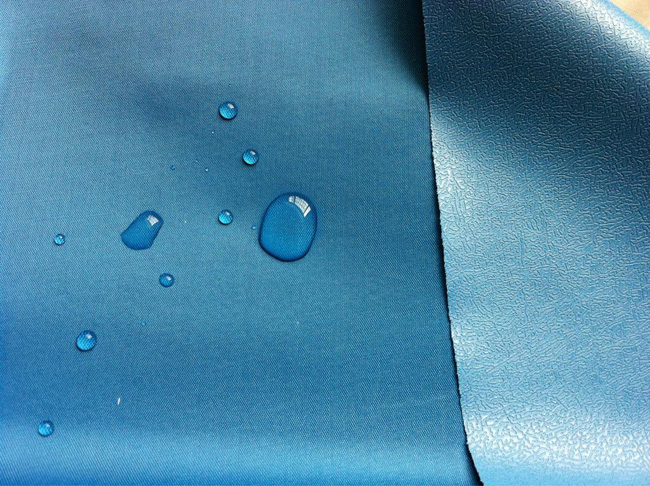Civil air defense ventilation installation plan and quality assurance system
Civil ventilation installation plan and quality assurance system
1. Overview of ventilation projects

1.1 Project Overview
1.2 Ventilation working conditions: mechanical ventilation and fire smoke exhaust in normal times, auxiliary local dehumidification; in wartime, personnel shelter, clean type, poison filtration type, isolation type ventilation.
1.3 Overview of daily ventilation, fire prevention and smoke exhaust:
1) Air supply system: There is a direct external ramp, and the ramp is used for natural air intake. There is no direct external ramp, and mechanical air intake is mainly used.
2) Smoke exhaust system: The exhaust system is also a smoke exhaust system. The smoke exhaust volume is calculated as 6 times/hour. In the event of a fire, the exhaust and smoke dual-purpose fan is turned on to enter the smoke exhaust state. The normally open steel exhaust port is also The horizontal distance between the smoke exhaust outlet and the farthest point shall not exceed 30m. When the exhaust smoke temperature is ≥280°C, the smoke exhaust fire damper is closed, and the supplementary air and smoke exhaust fans are shut down to stop smoke exhaust. The smoke exhaust fan and the inlet and outlet soft joints should use fireproof cloth that can work at 280°C for no less than 30 minutes.
3) Air supplement system: The air inlet fan doubles as a fire supplement air fan at ordinary times. In case of fire, the supplement air fan is turned on, and the supplement air volume is not less than 50% of the smoke exhaust volume.
1.4 Daily environmental protection requirements:
1) In order to reduce vibration and noise, shock-absorbing hooks are used to hoist fans and other equipment, and fire-resistant canvas or “three-proof cloth” are used as soft connections between the ventilator and the air duct.
2) When the air supply and exhaust ducts pass through the wall of the computer room, the surrounding holes must be blocked with cement, and if necessary, they must be embedded with sound-absorbing cotton to prevent sound leakage.
3) The outlet of the air inlet fan and the inlet of the exhaust fan are equipped with silencer static pressure boxes.
4) Silence the air intake and exhaust shafts of buildings close to the ground.
1.5 Overview of wartime ventilation design (Second Class Personnel Shelter Department):
1) Equipped with three ventilation modes: clean ventilation, poison filter ventilation and isolation ventilation.
2) Isolation protection time: second-class mask ≥ 3 hours; CO allowable volume concentration: ≤ 2.5%
3) Minimum number of air changes in the anti-virus channel: second-class mask ≥40 times/hour; overpressure in clean area: ≥30Pa
4) Wartime mobile power station: All air cooling is adopted. After the fresh air passes through protective equipment and dust removal equipment, it is supplied by a diagonal flow fan to remove harmful gases and heat dissipation from the diesel engine in the power station, ensuring a slight negative pressure in the power station.
5) When the air supply and exhaust ducts pass through the wall of the computer room, the surroundings of the reserved holes must be blocked with cement, and if necessary, they must be embedded with sound-absorbing cotton to prevent sound leakage.
6) The air inlet fan outlet is equipped with a muffler, the air inlet fan room is equipped with a return air muffler, and the exhaust fan inlet is equipped with a muffler.

1.6 Peacetime and wartime function conversion:
⑴ Various automatic exhaust valves and manual electric sealing valves must not be reserved for peacetime and wartime conversion, and must be constructed and installed in place simultaneously with the project. Always close the manual sealing valve and explosion-proof valve to prevent air leakage from the ventilation system.

⑵ The coarse filter, pre-filter and filter absorber of the poison filtration ventilation system should be installed or purchased in place.
⑶ During wartime in the basement, try to use the air supply and exhaust ducts that have been set up at ordinary times. During wartime, the air ducts are connected to the ordinary air ducts and all flange blanking plate interfaces are reserved. Ventilation equipment and pipes that are not installed in peacetime for wartime use should be reserved and buried to ensure that the conversion can be completed smoothly within the specified time limit during wartime.







